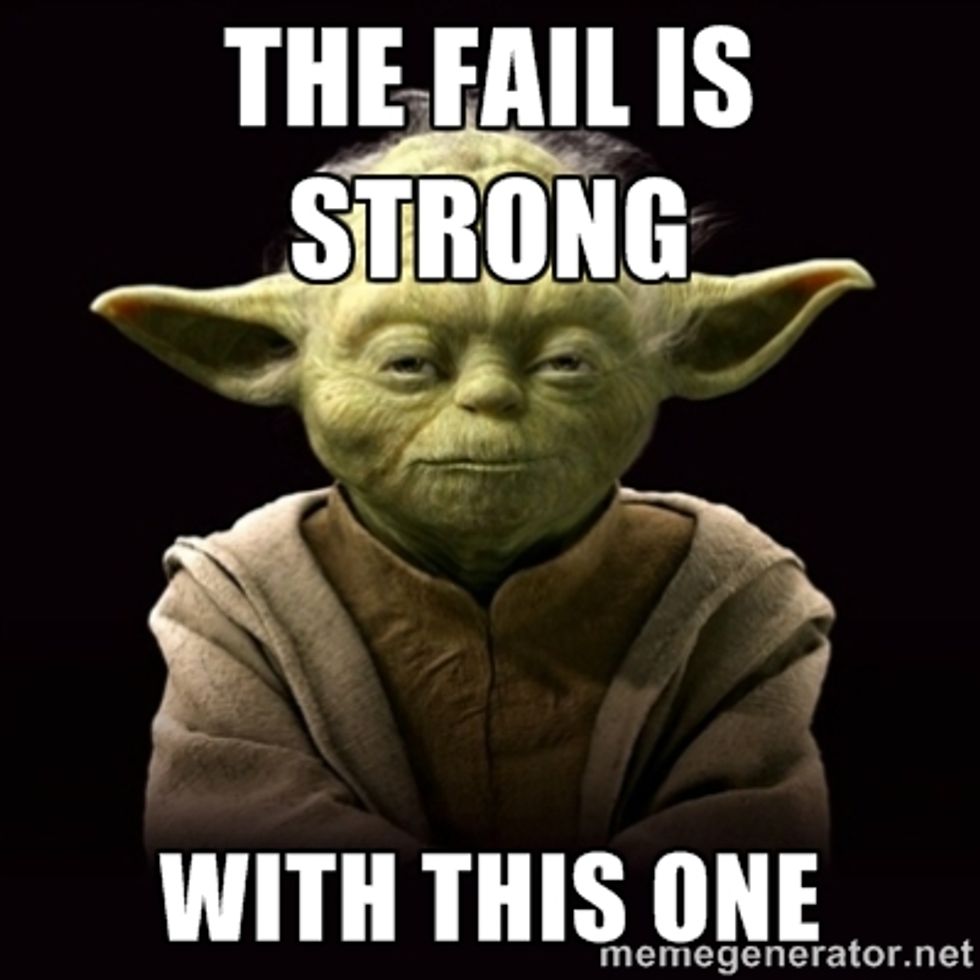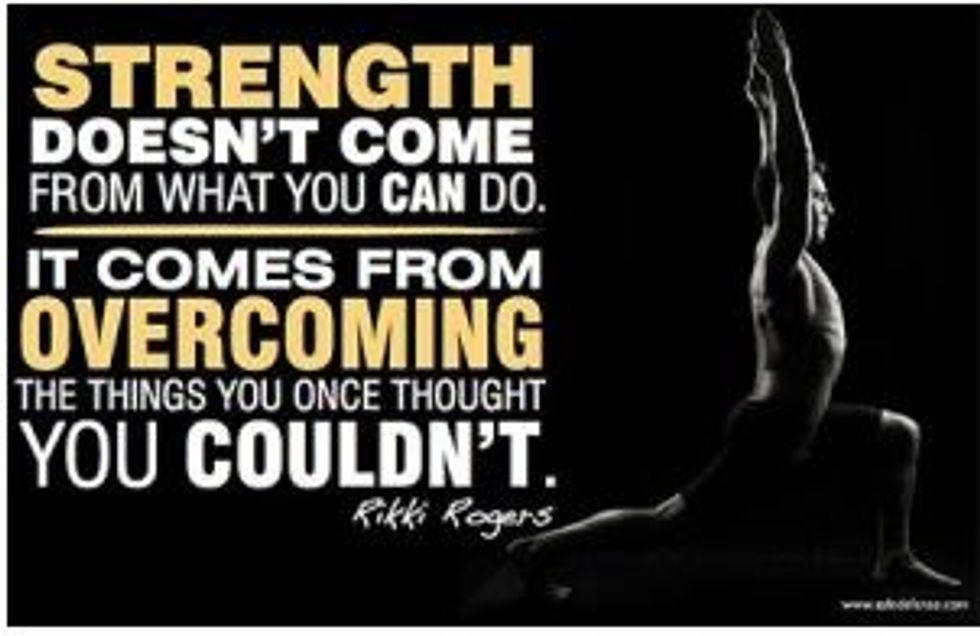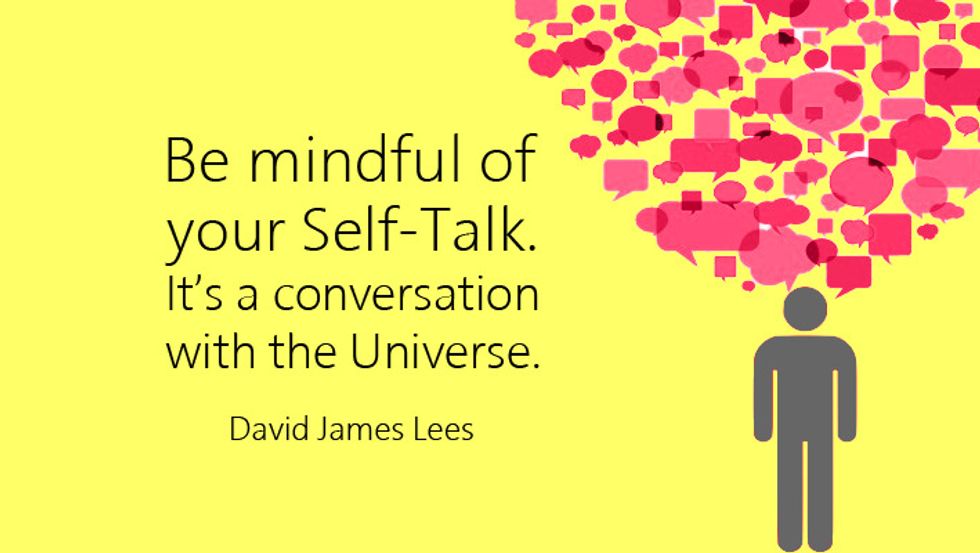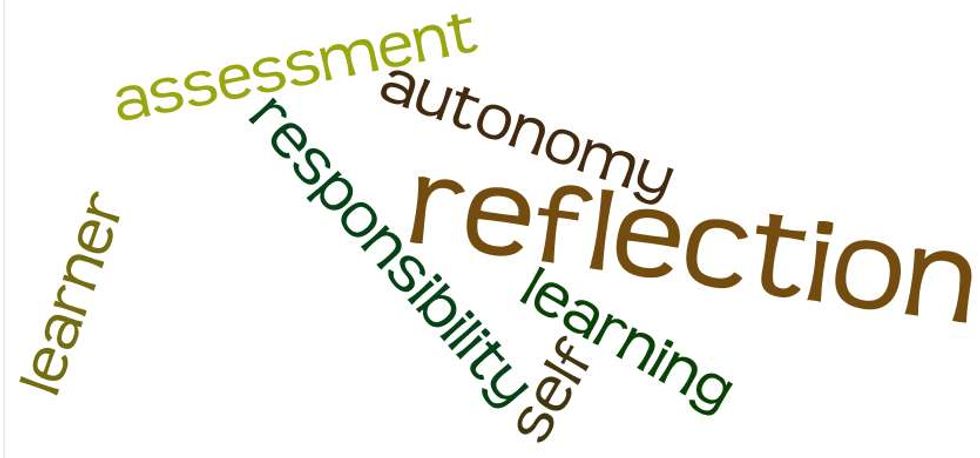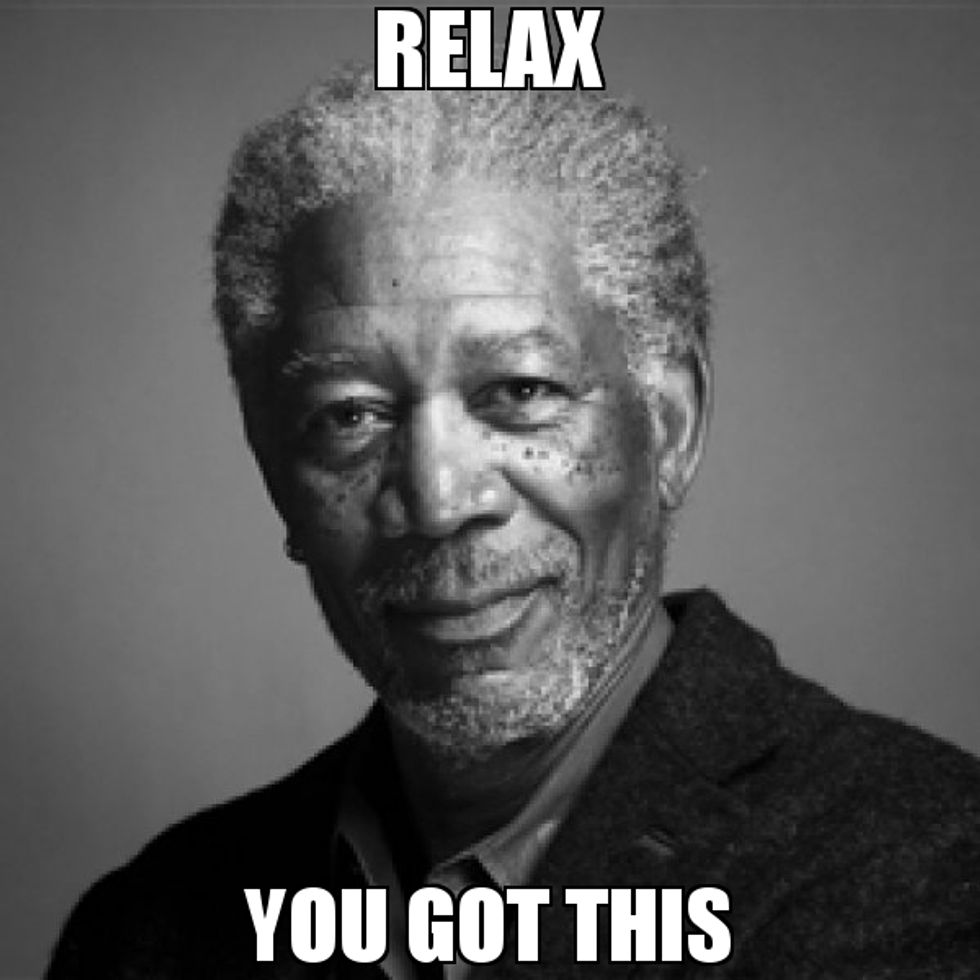Self-confidence is an attitude that allows us to have positive yet realistic views of ourselves. When we are self-confident have a general sense of control over our lives and believe we can accomplish what we want. When we are self-confident even when our expectations are not met, we continue to be positive and accept ourselves. Easier said than done right? A lot of the times we use self-defeating thought patterns. These thought patterns dimish our self-worth and chips away at our self-confidence. I will be talking about these self-defeating thought patterns and the strategies that can help develop self-confidence.
Self-defeating thought patterns:
1. All or nothing thinking
Absolutes can be dangerous. For example, "I am a total failure because I failed this one test." You may have a failed a test, but it doesn't mean you fail at everything you have done or will ever do. Sometimes we need to be reminded we are human and are not perfect.
2. Seeing only dark clouds
It seems like disaster lurks around every corner and comes to be expected. It can seem like a single negative detail, piece of criticism or passing comment darkens all reality. For example, when you have a pimple, it feels as though everyone is staring at it and this can bring a huge cloud over your day.
3. Magnification of negative/minimization of the positive
Good things don't count nearly as much as bad things. If one bad thing happens, it overshadows the all the good things.
4. Uncritical emotions as truth
"I feel ugly so it must be true."
5. Overemphasis on "should" statements
"Should" statements are often reflective other people's expectations rather than your own wants and desires. For example, "Everyone should have a career plan when they come to college. I don't, so there must be something wrong with me."
6. Labeling
I used to do this a lot when I was younger. Still guilty of it now sometimes. Labeling often conveys a sense of blame.
7. Difficulty accepting compliments
Strategies for Developing Confidence
8. Emphasize your strengths
GIVE YOURSELF CREDIT. By focusing on what you can do, you reward yourself for effort instead of focusing so much on the end product. Starting at what you CAN do instead of what you SHOULD do helps break down your limitations.
9. Take calculated risks
Approach new experiences as opportunities to learn rather than occasions to win or lose
10. Use Self Talk
Use self-talk to combat harmful assumptions you make about yourself. Practice catching yourself as you make these assumptions. Tell yourself to "stop" and substitute more reasonable assumptions. For example, when you are catching yourself expecting perfection, remind yourself you can't do everything perfectly, that is only possible to try things and do them well. This allows you to accept yourself but you are still striving to improve.
11. Self Evaluate
Learn to evaluate yourself independently. Doing so allows you to focus internally on your behavior, work, performance etc. It will give you a stronger sense of self and will prevent you from relying exclusively on the opinions of others.
12. Sense of Humor
Laugh at the times you do something silly or make a mistake. See these times as something that comes with being human.
I bet you read this in his voice, didn't you?
All in all, I am no stranger to having low self-confidence. There have been few instances in my life where I have accepted and loved myself. But I need to remind myself that I am a work in progress and so are you. Recognize the negative thoughts you have about yourself and replace them with realistic ones. Focus on what you can do instead of what you should do. And when you are being hard on yourself take a second, breathe and remember you are human. We can't be perfect. We must live and appreciate what we have and who we are.


